Deck & Commander Strategies
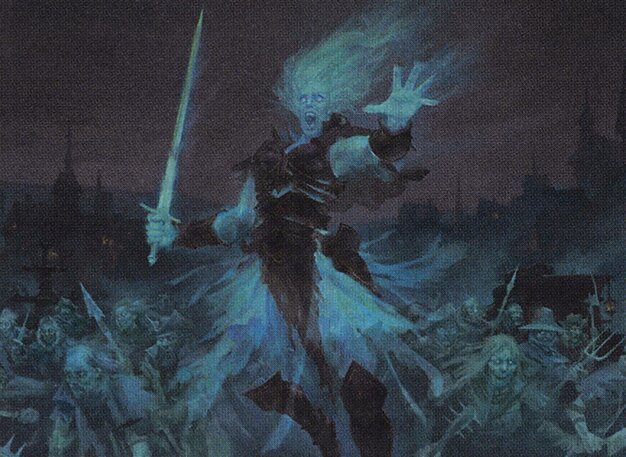
Millicent, Restless Revenant
Build a wide board of flying spirit tokens to overwhelm opponents, using synergy and protection spells to maintain board presence.
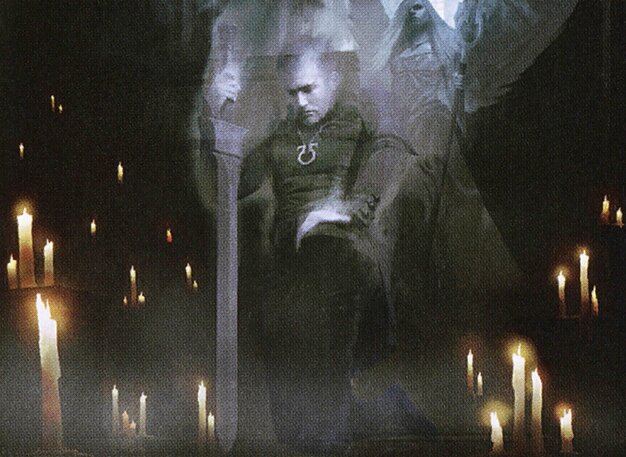
Geist of Saint Traft
Voltron strategy focusing on equipping and enchanting Geist to deliver lethal combat damage with evasion and buffs.

Ikra Shidiqi, the Usurper
Create numerous tokens and leverage life gain to outlast opponents, applying pressure through wide board presence.
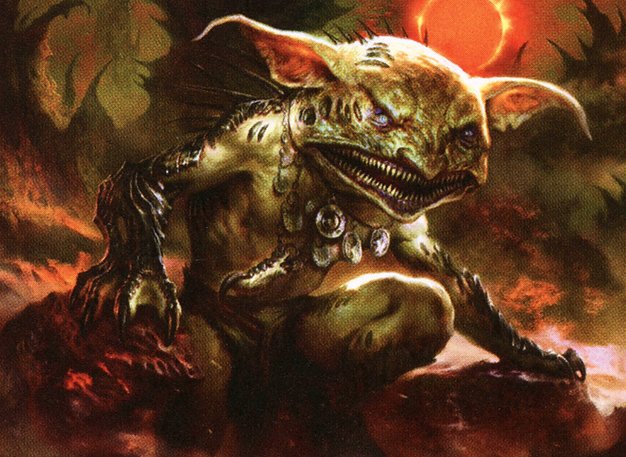
Krark, the Thumbless
Token generation combined with aggressive combat to control the board and chip away at opponents’ life totals.
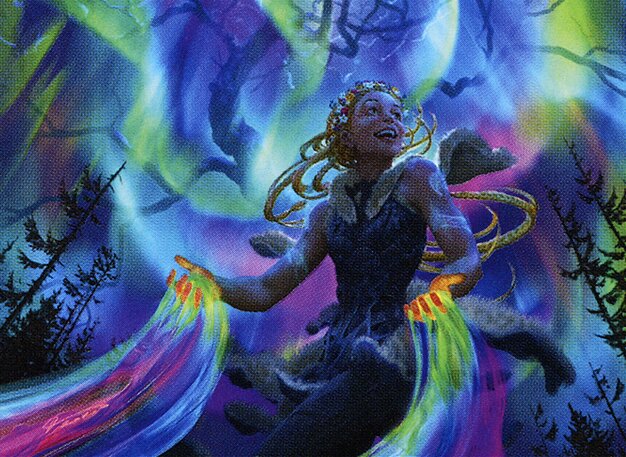
Esika, God of the Tree // The Prismatic Bridge
Ramp mana and generate card advantage by cheating powerful permanents onto the battlefield, stabilizing and accelerating midgame threats.
Gameplay Insights
- 1
Millicent’s strategy of wide flying spirits was effective in creating multiple flying blockers and attackers, generating additional spirits whenever a spirit attacked.
- 2
Johnny, Mentor of Heroes provided substantial card selection and value by revealing the top cards and drawing multiple permanents, fueling the Johnny tribal strategy.
- 3
Players engaged in cautious politicking to avoid early elimination, showing the importance of diplomacy in multiplayer Commander games.
- 4
The use of planeswalkers with protective counters and auras, such as Geist of Saint Traft’s voltron build, created significant threats that required immediate answers.
- 5
Token generation from Ikra Shidiqi and Krark helped maintain board presence despite pressure from opposing commanders and spells.
- 6
Ramp and mana fixing through cards like Cultivate, Ancient Tomb, and Esika’s abilities allowed players to develop threats faster and maintain tempo.
Notable Cards
-
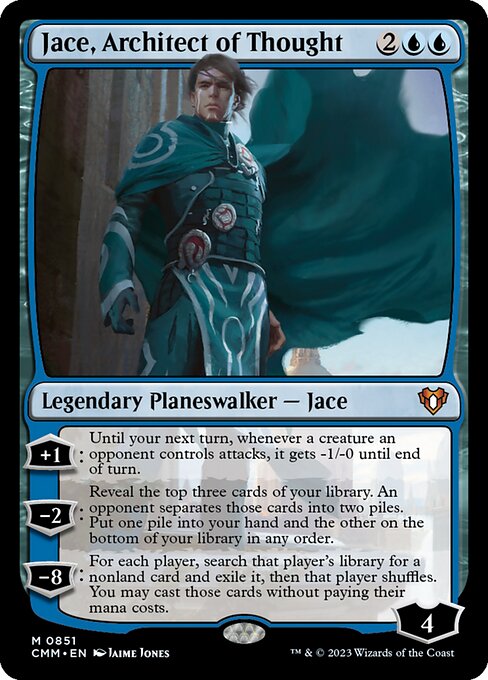
Jace, Architect of Thought
-
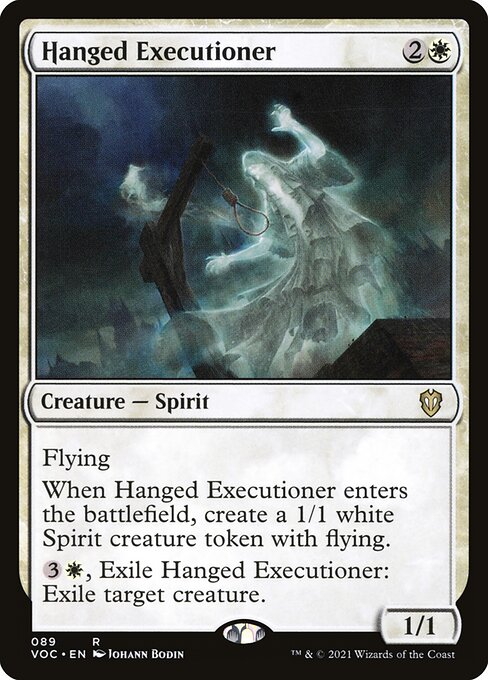
Hanged Executioner
-
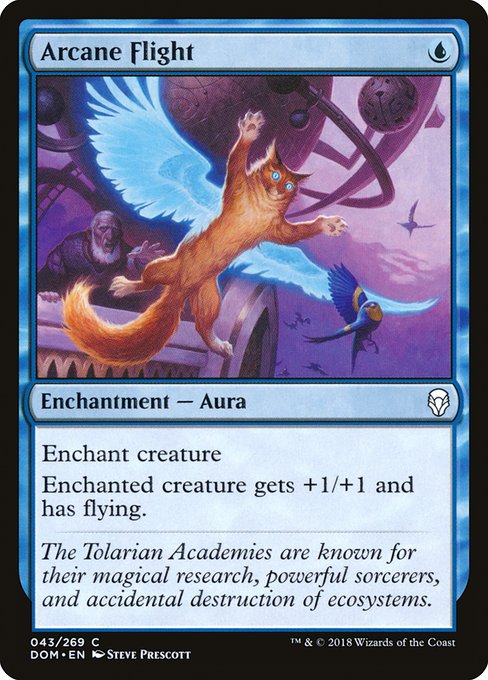
Arcane Flight
-
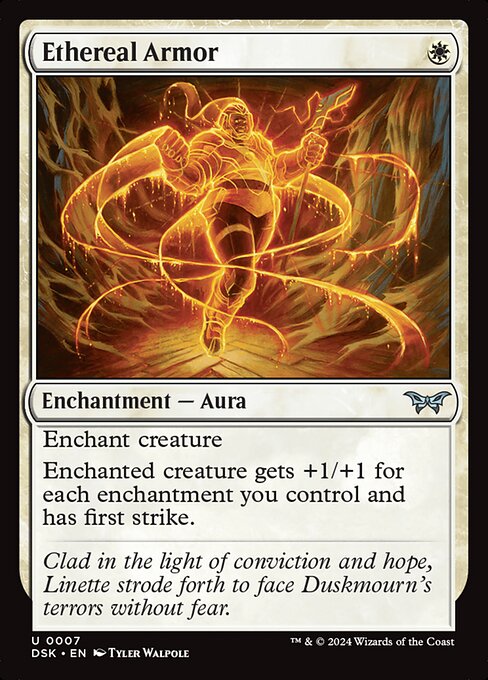
Ethereal Armor
-
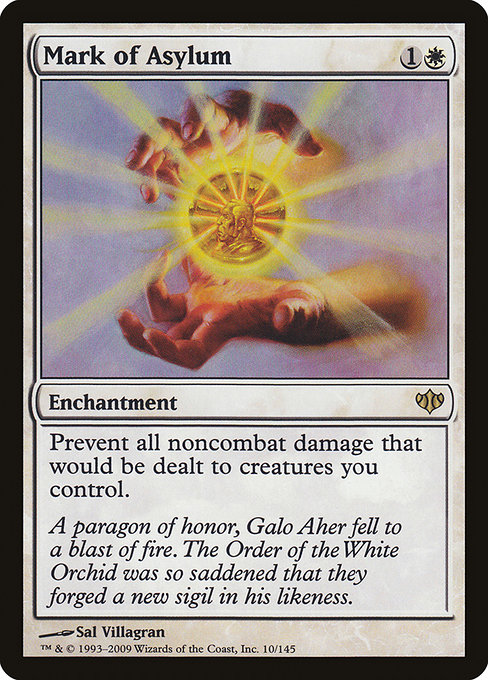
Mark of Asylum
-

Ancient Tomb
-
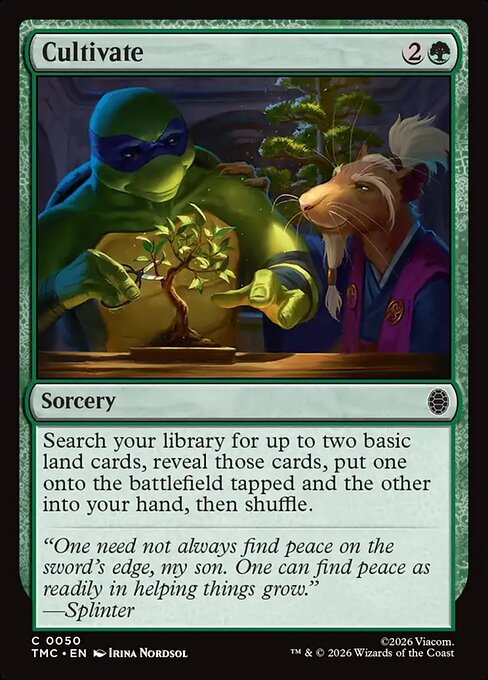
Cultivate
-
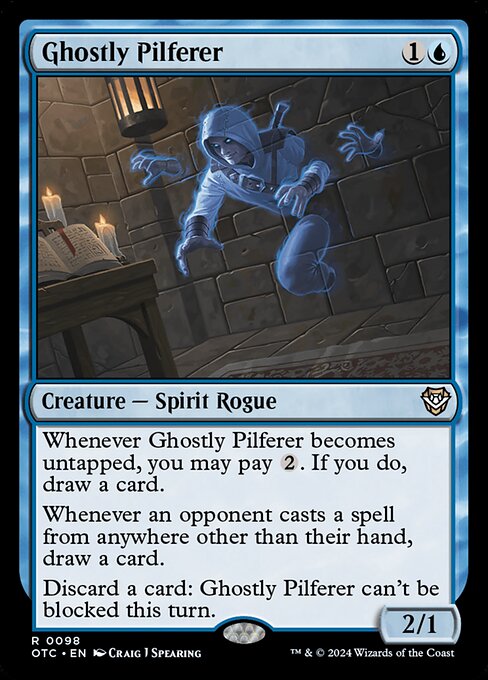
Ghostly Pilferer
-
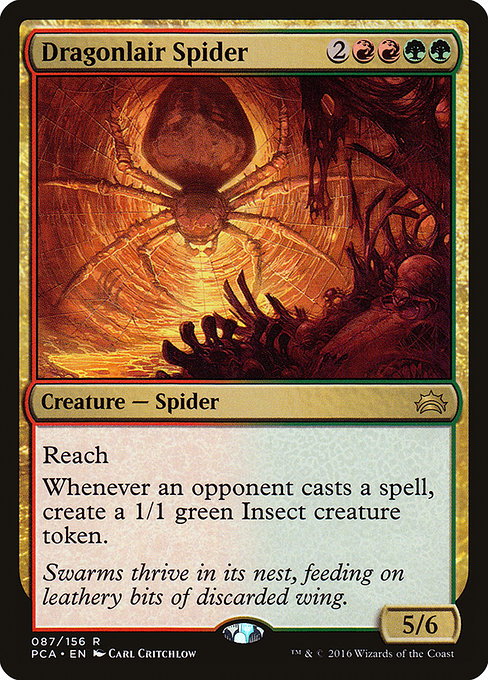
Dragonlair Spider
Gameplay Summary
The game began with a slow, cautious development of the board as players established their mana bases and played early creatures and planeswalkers.
Millicent, Restless Revenant focused on building a wide board of flying spirits with synergy from spirit tokens and protection spells, while Geist of Saint Traft aimed to establish a voltron-style commander with powerful equipment and auras.
Ikra Shidiqi, the Usurper and Krark, the Thumbless centered their strategy around token creation and aggressive combat, leveraging life gain and token synergy to maintain pressure.
Esika, God of the Tree provided ramp and card advantage to help stabilize and accelerate into threats.
Key turning points included the appearance of multiple planeswalkers, which began to shape board control and forced players to adapt their strategies.
Johnny, Mentor of Heroes, was pivotal for the Johnny tribal player, drawing multiple cards and providing value through counters and top-deck manipulation.
Combat exchanges, especially from Millicent’s spirit army and Geist’s voltron threats, kept the board state dynamic and threatening.



























![Commander VS S4E5: Rakdos vs Geist vs Bosh vs Wrexial [MtG: Multiplayer] thumbnail](https://i.ytimg.com/vi/u4s3IlCLlpk/sddefault.jpg)
















![Secret Lair Shuffle [Commander VS 299] | Magic: the Gathering EDH Commander Gameplay thumbnail](https://i.ytimg.com/vi/8A3esNBvsUg/sddefault.jpg)






